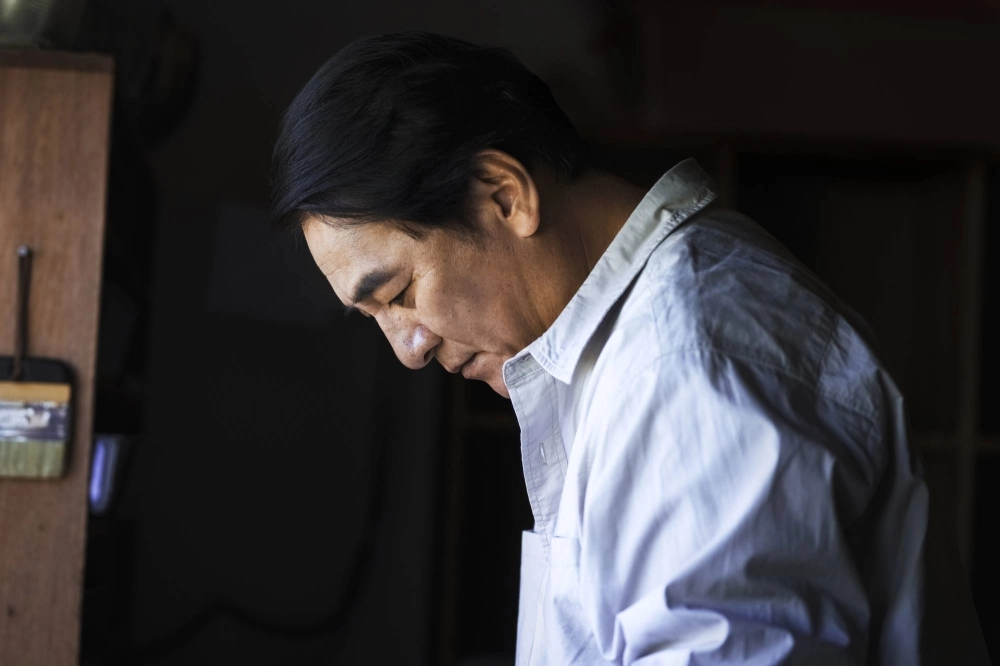Laying the dead to rest is a delicate business. For Shingo Iguchi (Pierre Taki), the stone-faced protagonist of Katsuya Kobayashi’s “Horizon,” it involves hitching a ride on a fishing boat with a cooler containing bags of cremated remains, which he carefully consigns to the ocean.
As funerary rites go, it’s a more economical alternative to interring ashes at a cemetery. However, a potential customer is probably lowballing him when she offers a crumpled ¥10,000 note and a couple of candies as payment.
While Shingo goes about his work with an appropriate sense of dignity, he’s otherwise your archetypal middle-aged slob. He spends his evenings out drinking and leaves all the cooking and housework to his daughter, Nao (Aino Kuribayashi).



















With your current subscription plan you can comment on stories. However, before writing your first comment, please create a display name in the Profile section of your subscriber account page.